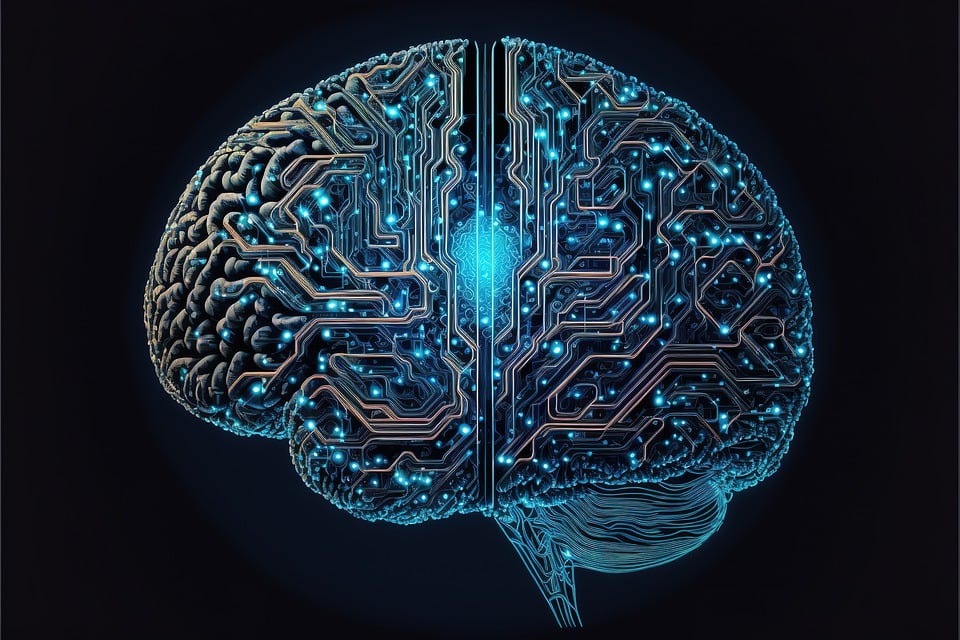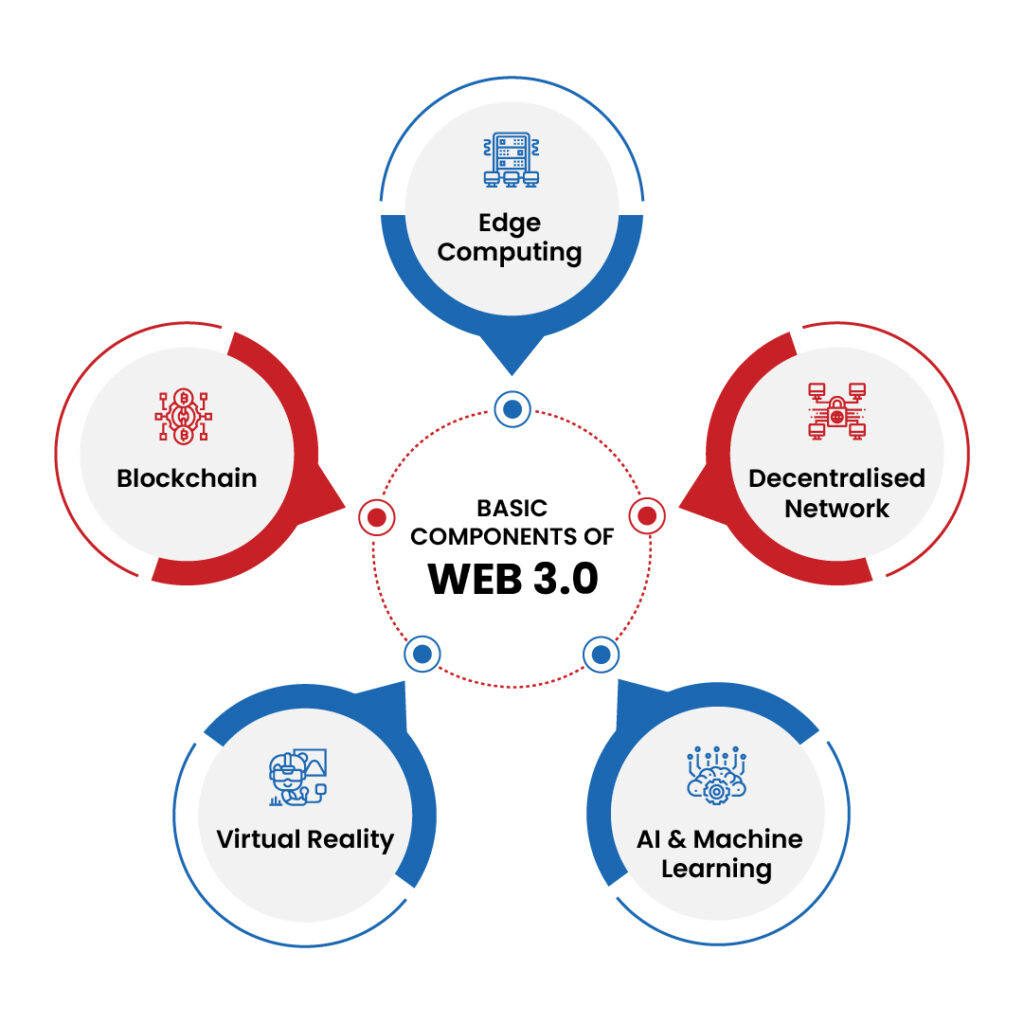The Emerging Challenges of Web 3.0
As we dive deeper into the era of Web 3.0, the internet is undergoing a transformation aimed at enhancing user control and privacy. Web 3.0 represents a fundamental shift in how we interact online, integrating concepts like decentralization, blockchain technology, and machine learning. As we progress, various adversities also make their presence felt, intensifying the demand for more sophisticated solutions. For a deeper exploration, you can read more at the following comprehensive guide on Web 3.0.
Challenges with Scalability and Interoperability
One of the predominant issues facing Web 3.0 is scalability. The decentralized networks that underpin Web 3.0 must be able to handle enormous volumes of transactions without lagging. However, many blockchain networks struggle to scale efficiently, leading to slower transaction times and higher costs. Moreover, interoperability between these multiple networks is still in its infancy. The lack of seamless interaction between different blockchains can inhibit the smooth exchange of information and value, hence deterring broad acceptance and integration.
Privacy and Security Concerns
Despite being a pillar of Web 3.0, ensuring sophisticated privacy and ironclad security in a decentralized environment is enormously challenging. The immutable nature of blockchain can sometimes work against privacy—once something is recorded on a blockchain, it is there forever, potentially exposing data to future vulnerabilities. Security risks are also elevated as the technology is still developing and is prone to code exploits and bugs.
Usability and Adoption Issues
The complexity and technical nature of blockchain and decentralized applications (dApps) pose significant usability challenges for average users. The current user experience in Web 3.0 tools can be clunky and unintuitive, especially for those without a technical background. This complexity hinders widespread adoption, as ease of use is a crucial factor for general public acceptance.
Regulatory and Ethical Implications
Web 3.0 also introduces numerous legal and ethical considerations. How do governmental regulations apply to decentralized entities? What are the tax implications for transactions in cryptocurrencies? These questions present complicated issues that need coherent strategies and policies. Moreover, the decentralized nature of Web 3.0 can potentially encourage illicit activities if not properly monitored, posing serious ethical concerns.
Wrapping Up and Moving Forward
As the Web 3.0 landscape continues to expand, the challenges will naturally evolve as well. It’s critical for stakeholders in the Web 3.0 community to address these problems comprehensively to harness the full potential of these new technologies. If you are keen on exploring more about Web 3.0 and how it can revolutionize the internet as we know it, we encourage you to delve further using the UTOWN platform. Here, you can expand your understanding and keep abreast of the latest developments in this exciting new sphere. Discover a wealth of Web 3.0 knowledge by visiting UTOWN today.





